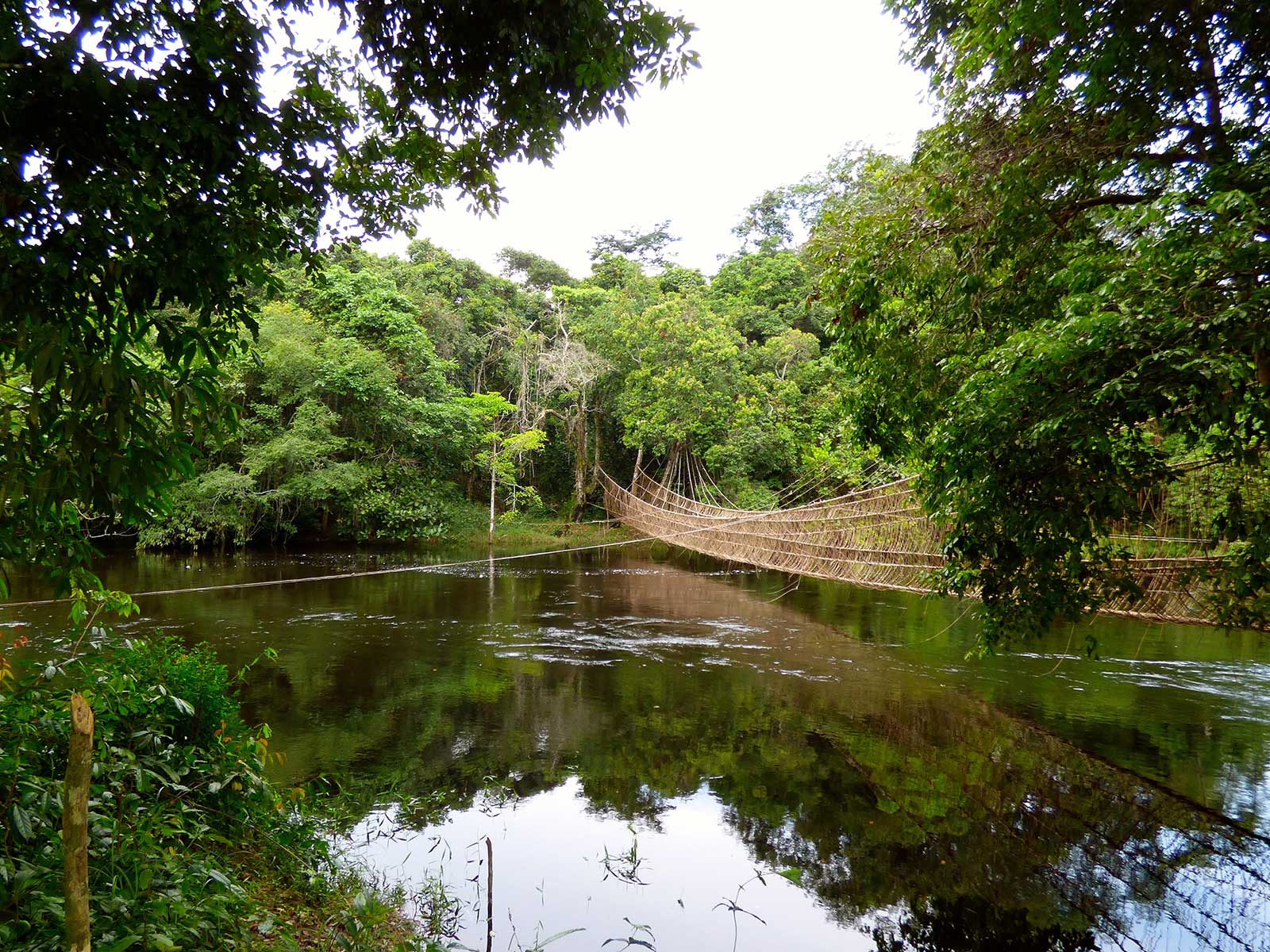Photo Credit: Maui Nui Makai Network

Who we are
Our Community of Practice (CoP) is focused on using the CS and its adaptations with the Indigenous People and Local Communities (IPLC). The CoP aims to support IPLC CS practitioners and conservation coaches working on CS projects on the land, waters and ice of IPLC, fostering collaboration to grow our conservation practice into the future.
Our Mission
To increase access and support for Indigenous People and Local Communities (IPLCs) in using and adapting the Conservation Standards, fostering increased community-led conservation initiatives.
Our community
Our community is a global network of people, projects, and practitioners who use the Conservation Standards, or an adaptation of, to effectively engage and support IPLCs in leading conservation initiatives.
CoP Indigenous CS Projects Homepage
To learn about the CoP, subscribe to our email listserv or find resources and tools, please visit our homepage.
The Community of Practice – Conservation Standards Projects on Indigenous Lands and Waters Coordinating Committee
You can contact the committee here.
Marina Best
Canada
Coordinating Committee Member
Melanie Harding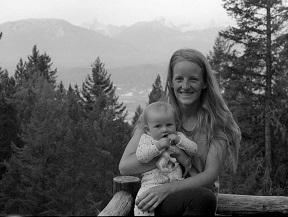
Canada
Coordinating Committee Member
Valentina Varón
Colombia
Coordinating Committee Member
Anne Ntongho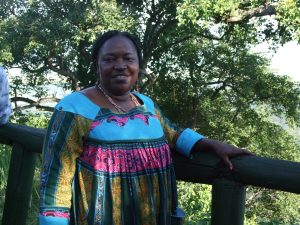
Cameroon
Coordinating Committee Member
Daniel Oades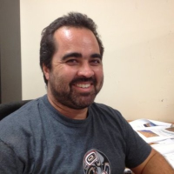
Australia
Coordinating Committee Member
Gustavo Gatti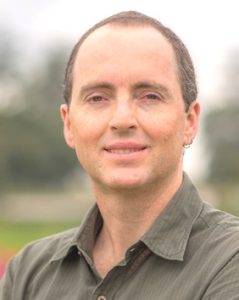
Brazil
Coordinating Committee Member
Natalino Martins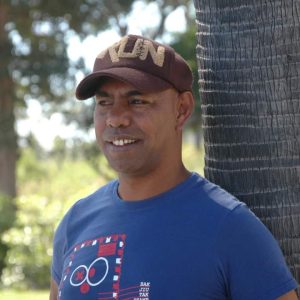
Timor Leste
Coordinating Committee Member
Lavernita Bingku
Malaysia
Coordinating Committee Member
Coaches Resource Library
CCNet maintains a variety of resources to support Coaches in the presentation and use of the Conservation Standards. Most of the resources are found in multiple languages in the Coaches Notebook that is part of CCNet New Coach Trainings. In addition, in our Resource Library you can find a wealth of support materials shared by Coaches and Conservation Standards practitioners.
Photo Credit: Ashleigh Baker
Our Collaborators
Every organization, agency, project, and individual has its own preferred set of terms. There is no right answer – the most important thing is that the members of your project team and the people with whom you work have a clear and common understanding of whatever terms you choose to use.
Photo Credit: Chris Scarffe
Download CS
The Conservation Standards is the product of inputs, field tests, and discussions among members of the Conservation Measures Partnership (CMP), which has final editorial authority over the Conservation Standards. Substantial input was also provided by members of the Conservation Coaches Network (CCNet) and other CMP partners.
Photo Credit: Felix Cybulla
Contact CCNet
To inquire about supporting CCNet or for general inquiries, please contact:
John Morrison - CCNet Global Coordinator john.morrison@wwfus.org
Cristina Lasch - CCNet Technical Coordinator clasch@tnc.org
Photo Credit: Diane Detoeuf


